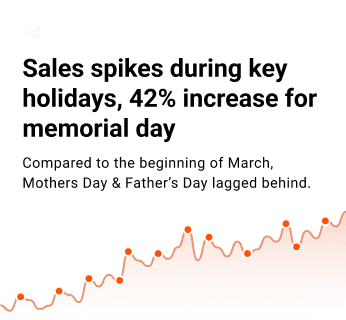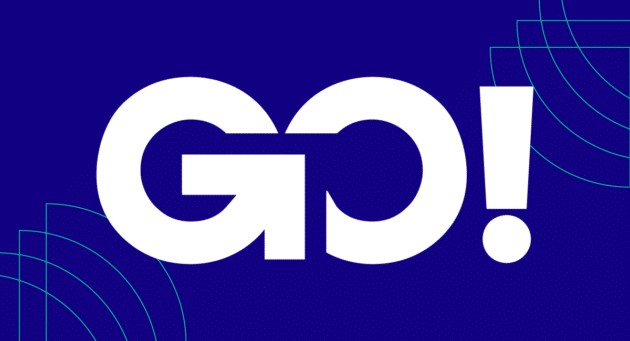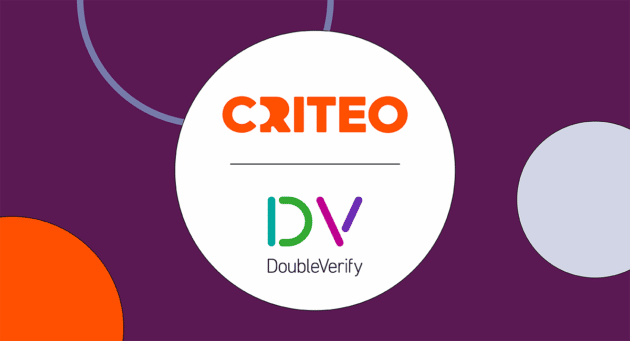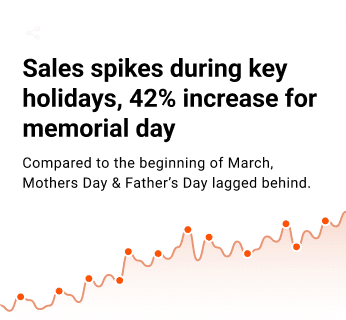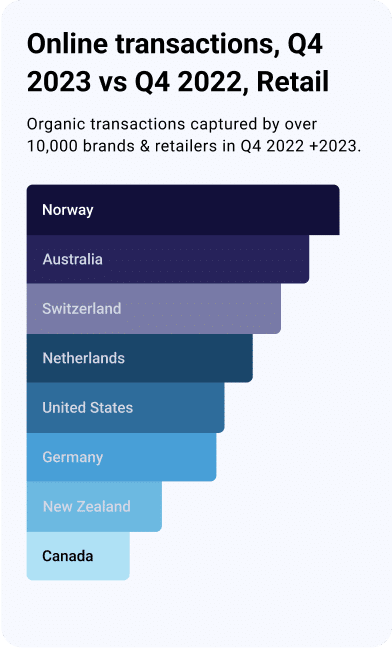For young professionals, it’s easy to get caught up in your own world and think you can – and should – do everything yourself. In fact, because characteristics like independence and being a “self-starter” in the workplace are highly valued, young talents often avoid asking for help and guidance. But that’s a mistake.
Ask anyone you admire professionally – especially those who have blazed new trails or found success against the odds – and you’ll likely discover they credit a mentor or mentors for supporting them on the journey to where they are.
Part of the beauty of a great mentor/mentee relationship is that the mentor genuinely wants to help and see you succeed. Mentors get great satisfaction from helping someone who is open to learning and eager to be the best version of his or her professional self, so it can be a two-way relationship.
Here are four ways a mentor can have a positive impact on your career:
1. You’ll get valuable objective feedback.
Mentors can give you advice you might not get from a direct manager or colleague for various reasons. A mentor who knows you well but is also removed from your day-to-day, can provide insights into aspects of your career path that you might not have considered. Sometimes creative or unexpected ideas can be drawn from your mentor’s own experiences and be helpful for when you’re navigating challenging situations.
2. You’ll make new contacts.
A mentor’s support often extends beyond formal professional advice to things like including you in networking or learning opportunities. She or he can help extend your network, introduce you to new contacts, and open unexpected doors.
3. You’ll gain wisdom from past mistakes.
As any good leader will tell you, failures are often the most valuable and significant turning points in a successful career. A mentor who is open about their failures can share what they learned from failures, help you sidestep avoidable mistakes, and ensure you survive and learn from your own inevitable setbacks.
(Read more: 5 Criteos Share Their Experiences at FLOW’s Inaugural Women’s Day Panel)
4. You’ll get a fresh perspective.
As an outside observer, a mentor can help you think about career decisions more clearly and objectively. A mentor who is not part of your immediate work circle can provide the fresh perspective you need to perhaps take a risk or resolve a problem.
Finding a mentor isn’t as hard as you might think. Just start reaching out to and asking questions of people you admire, and often the relationship will develop organically. And don’t forget, you’re never too young or too inexperienced to be a mentor yourself.
Mentorship at Criteo
To encourage mentoring here at Criteo, our FLOW (Future Leaders of the World) group kicked off its first mentorship program in New York in May with 40+ participants, including C-, SVP- and EVP-level mentors eager to share their experience with newer professionals. The mentorship program launched with a survey to match mentees with suitable executive mentors. Participants met monthly with their executive partners to discuss anything from their long-term career trajectories to immediate challenges they are facing at work. FLOW supported these new relationships with a full program that included goal setting, development planning and workshops and which concluded with an evaluation this month.
(Read more: Criteo FLOW: In the Hot Seat with Jen Whelan, Criteo’s Senior Vice President of Marketing)
Based on the success of the pilot and the great feedback from participants, another match-up session will be held in November with more workshops to come. Learn more about Criteo Culture here.











